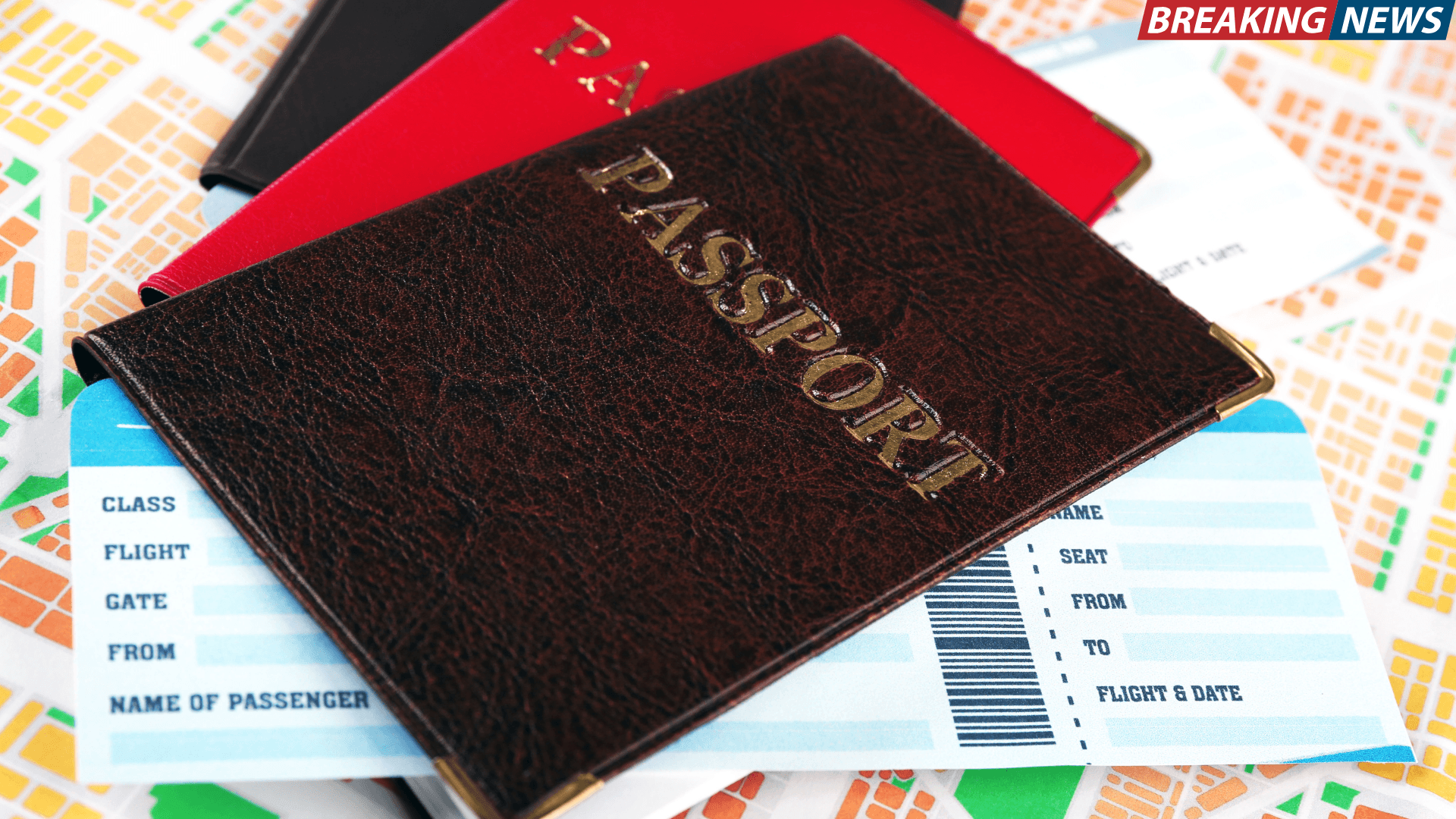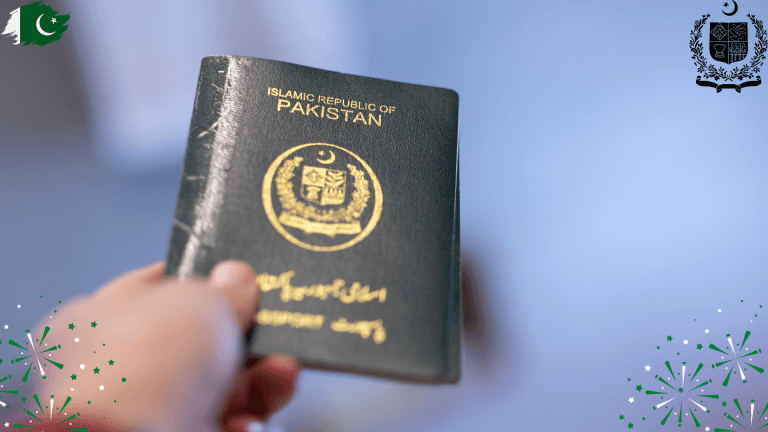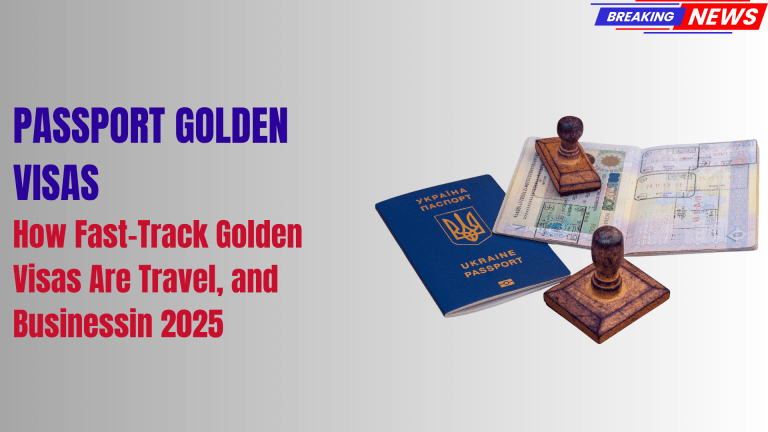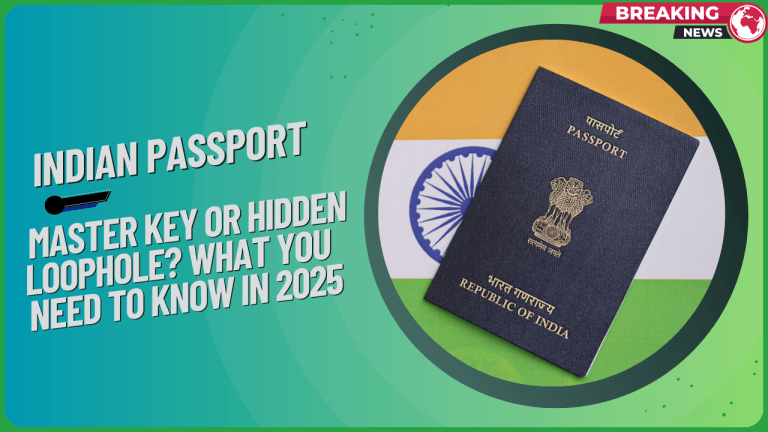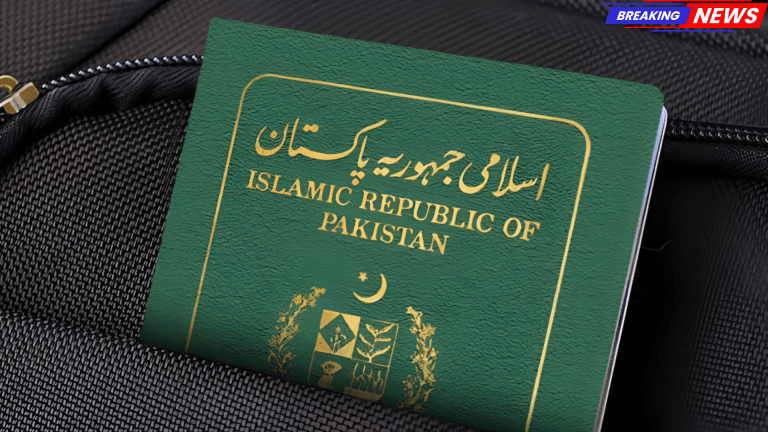E-Passport Paradox: Are Security Upgrades Creating New Risks?
E-passports sound like a win. They’re high-tech, harder to fake, and make border crossings quicker. Sometimes, making things “more secure” can actually create new risks. That’s the e-passport paradox.
What Is an E-Passport?
An e-passport (electronic passport) is like your regular passport, but with a tiny computer chip inside. This chip stores your photo, fingerprints, and personal info. When you scan it at the airport, the system checks if you’re really you. It’s faster and, in theory, safer. A passport with a chip that stores biometric data for quick, secure checks.
Why Do We Need E-Passports?
Old passports were easy to copy or alter. Criminals could fake them, and borders were slower. E-passports aim to fix that. They’re part of a global move to stop fraud and speed up travel. Countries like Pakistan are rolling them out to keep up with international standards.
E-Passport Benefits the Bright Side
E-passport benefits: safer, faster, and more convenient travel.
Paradox Exposed: Security Upgrades, New Risks
E-passports use wireless tech (RFID) to share data. That’s handy, but hackers can sometimes “skim” info from a distance—without you knowing. If the chip’s encryption is weak, your data could be stolen. That’s the paradox: a tool meant to protect you might also expose you.
What Are the Risks Involved in Upgrading?
Upgrading to e-passports isn’t risk-free. Here’s what can go wrong:
- Data theft: Hackers might steal your info if the chip isn’t properly protected.
- System failures: If the system crashes, you could be stuck.
- Privacy concerns: More data collection means more ways your privacy could be at risk.
What are the risks involved in upgrading? New tech, new problems.
How to Protect Against Security Attacks
You can’t control everything, but you can take steps:
Technology Upgrades and Backup Systems
Good systems have backups. If the main system fails, a backup keeps things running. Regular updates fix security holes. Countries investing in strong tech and backup sites are less likely to face big problems.
What Will Increase Cryptographic Security?
Stronger codes (cryptography) make data harder to steal. Governments must use the latest encryption and update it regularly. If the codes are weak, the whole system is at risk.
Make Security a Priority
Governments, companies, and travelers all play a part. If security isn’t a top priority, even the best tech can fail.
E-Passport Pakistan: What It Means for You
Pakistan is introducing e-passports to make travel safer and easier. Benefits include faster processing, less fraud, and global recognition. But users must also be aware of the risks and protect their data.
E-passport Pakistan means safer, smarter travel—with new responsibilities.
Paradox Pro: Real or Fake?
Some companies sell “Paradox Pro” security tools. Be careful—many are scams. Always check reviews and buy from trusted sources. Real security comes from official updates and good habits, not magic gadgets.
How to Change Security Questions (Even Outside Passports)
While this isn’t about passports, it’s good general advice. On sites like Upwork, you can change your security questions in the account settings. This helps protect your info if a question is guessed or leaked.
FAQs
Are e-passports safer than old ones?
Yes, but they can have new risks like data theft if not properly protected.
What should I do to protect my e-passport?
Use an RFID-blocking sleeve, keep it safe, and report any issues.
Can hackers steal my e-passport data?
It’s possible if the chip’s encryption is weak, but good sleeves and habits help.
Is “Paradox Pro” a real security solution?
Most products with this name are scams. Rely on official updates and advice.
Why do passports need upgrades?
To fight fraud, speed up travel, and meet global standards.
How can countries make e-passports safer?
Use strong encryption, regular updates, and good backup systems.
Conclusion
E-passports are a big step forward, but they’re not perfect. They make travel easier and safer but also bring new challenges. The key is to stay informed, use common sense, and demand that those in charge keep security a top priority.

